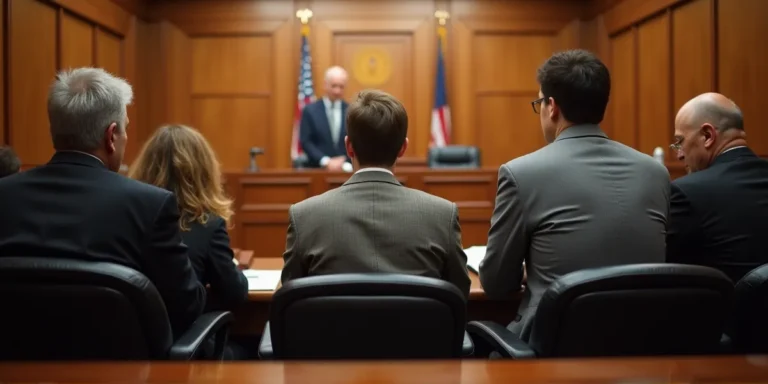In California, a will does not expire after death. Once properly executed, a valid will remains legally enforceable indefinitely, provided it meets the requirements under California Probate Code. These requirements include being signed by the testator, witnessed by at least two individuals, and created by someone of sound mind. After the testator’s passing, the will continues to guide the probate court in administering the estate, no matter how much time has passed.
 Although the will itself does not lose validity, California law does impose time limits on when probate proceedings must begin. Typically, the person in possession of the will must deliver it to the probate court within 30 days of learning of the death. If probate is not initiated, beneficiaries may experience delays or even disputes. The will remains valid, but the longer the delay, the more complicated administration may become.
Although the will itself does not lose validity, California law does impose time limits on when probate proceedings must begin. Typically, the person in possession of the will must deliver it to the probate court within 30 days of learning of the death. If probate is not initiated, beneficiaries may experience delays or even disputes. The will remains valid, but the longer the delay, the more complicated administration may become.
Probate proceedings in California usually start when an executor files a petition with the superior court in the county where the decedent lived. Even if years have passed since the death, the court can still admit the will to probate as long as the original document is available and legally compliant. However, practical issues such as lost records, deceased witnesses, or changed circumstances may make it more difficult to carry out the decedent’s intentions.
There are also creditor claim deadlines to consider. Once probate is opened, creditors generally have four months from the date of the executor’s appointment to file claims. If probate is delayed for years, creditors may still pursue claims against the estate once it is opened. This means that while the will remains valid, financial obligations can complicate distributions if probate is not initiated promptly.
| Aspect | Effect in California | Practical Tip |
|---|---|---|
| Validity of Will | Indefinite after death | Ensure proper execution and safekeeping |
| Filing Deadline | Must be delivered to court within 30 days | Executor should act quickly |
| Probate Start | Can be initiated years later | Delays increase complexity |
| Creditor Claims | Four months from executor appointment | Settle debts before distributions |
| Beneficiary Rights | Remain intact until probate is complete | Beneficiaries may petition court if delayed |
Another consideration is the potential for challenges. Even though a will is valid indefinitely, beneficiaries or other parties can contest it on grounds such as undue influence, fraud, or lack of capacity. The longer probate is delayed, the easier it may be for disputes to arise due to fading memories, missing witnesses, or lost documents. Timely filing of probate helps minimize these risks.
In conclusion, a will in California remains valid indefinitely after death, but probate should be initiated promptly to ensure smooth administration. While there is no expiration date, statutory requirements like filing deadlines, creditor claims, and court oversight play a role in how the will is executed. To add value and avoid complications, individuals should store their wills securely, inform their executors, and encourage timely probate proceedings to honor their final wishes.






